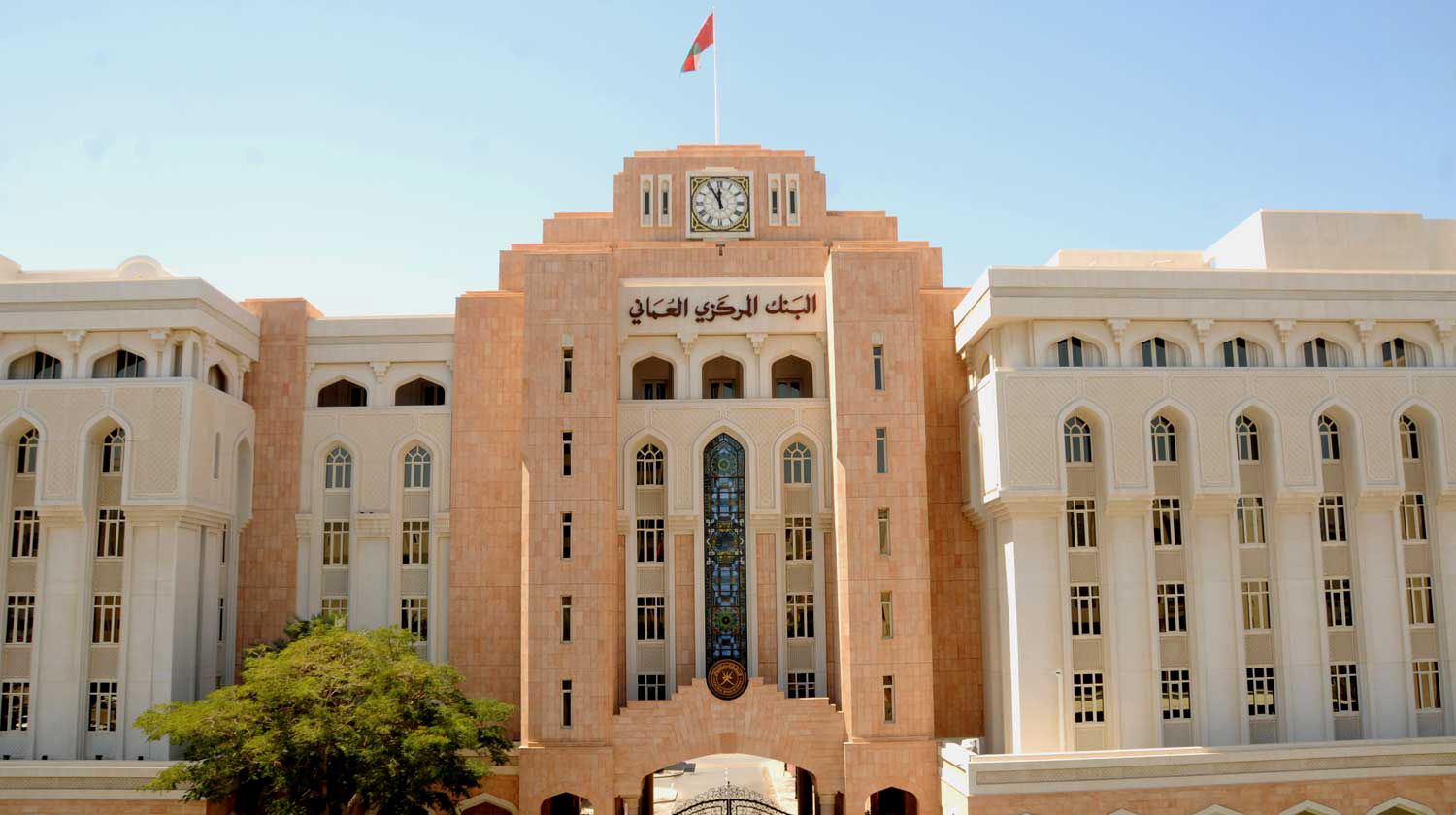

Muscat: A rebound in the Omani economy is anticipated in 2021 while the remaining part of 2020 is expected to remain subdued, weighed down by the effects of the coronavirus (COVID-19) pandemic and the slump in global crude prices, according to the Central Bank of Oman (CBO).
The apex bank made the observation in its newly published ‘Review of the Omani Economy: Jan – Sept 2019’, issued here this week.
The report begins with a grim assessment of the outlook for the global economy adversely impacted by the pandemic. “Although the global growth was likely to improve in 2020 and beyond with continued policy support in large economies, the worldwide outbreak of Covid-19 coupled with subsequent economic lockdown and heightened uncertainty derailed the global recovery. It is now certain that world economy would witness a recession as bad as or worse than 2009,” the Central Bank said in its review.
It noted however the “exceptional and far-reaching fiscal and monetary measures” adopted by advanced economies and large emerging markets, as evidenced by the outlays of trillions of dollars in stimulus spending, aimed at addressing the public health crisis and alleviating its impact on the economy.
“In view of a coordinated and accentuated policy response, the global economy is expected to recover with a sizable rebound in 2021. Nonetheless, the expected recovery in 2021 would be at risk if liquidity problem turns into a solvency issue and sudden stop of world economic activities persists and leads to bankruptcies and layoffs,” the CBO warned.
Oman’s authorities, for their part, have taken steps to support non-oil economic activities, which remain important to ensuring sustainable growth over the medium to a long run in the Sultanate.
“Hence, the recent implementation of important policy measures and promulgation of several critical laws (Foreign Capital Investment, Privatization, Public-Private Partnership, Bankruptcy, etc) are aimed at improving the business and investment environment to promote non-oil economic activities in the Sultanate,” the regulator said.
Also playing a key role in ensuring macroeconomic stability is Tawazun, a high-powered committee set up by the Omani government in September 2019 with a “mandate” to chalk out a medium-term fiscal consolidation plan, the Central Bank pointed out.
It nevertheless acknowledges that the pandemic, coupled with the burgeoning global downturn, “is expected to drive the world economy into a recession during 2020”, amid collapsing oil demand that has pushed oil prices to historical lows. Any sizable recovery in oil prices is unlikely during 2020 – an unfortunate outcome that will also have adverse implications for non-hydrocarbon activities, it said.
“Considering the above factors, the outlook of the Omani economy appears to be subdued in
2020 but expected to improve in 2021,” the Central Bank stated.
Oman Observer is now on the WhatsApp channel. Click here



